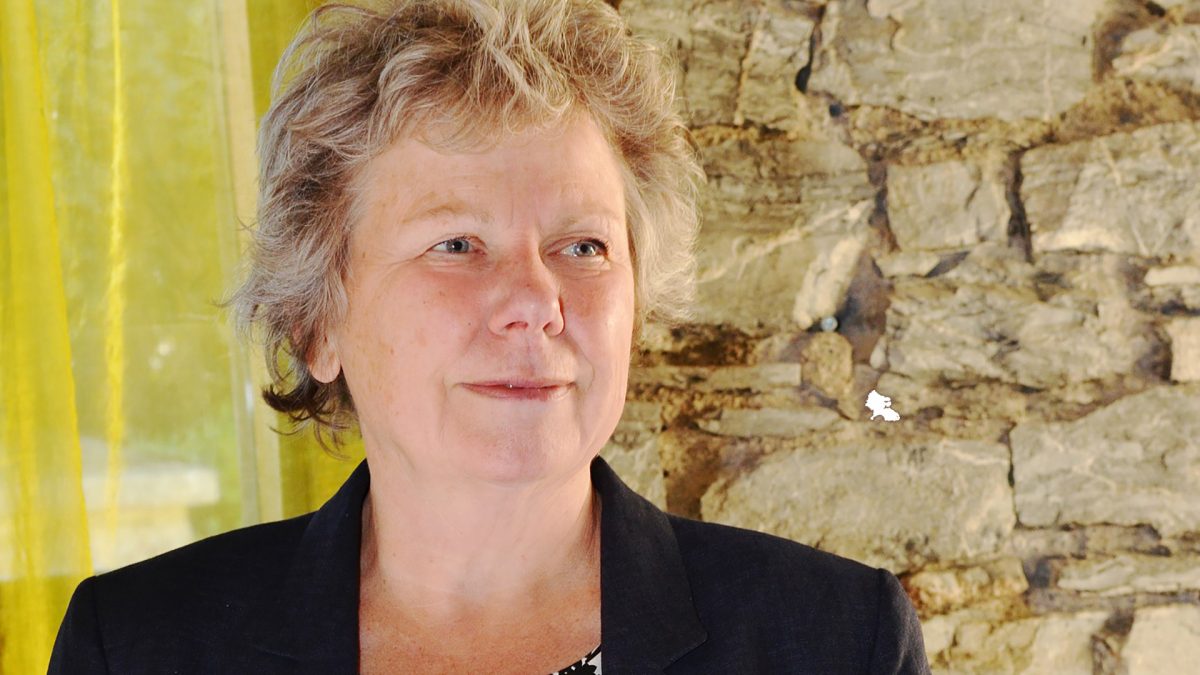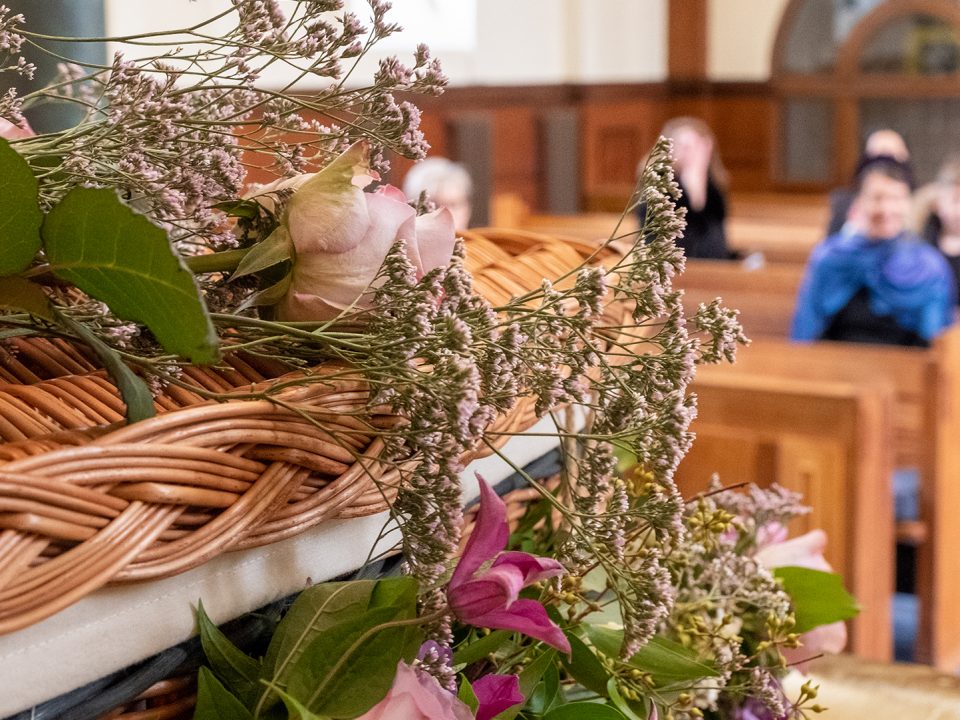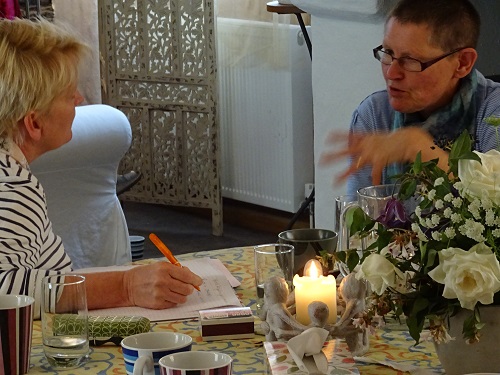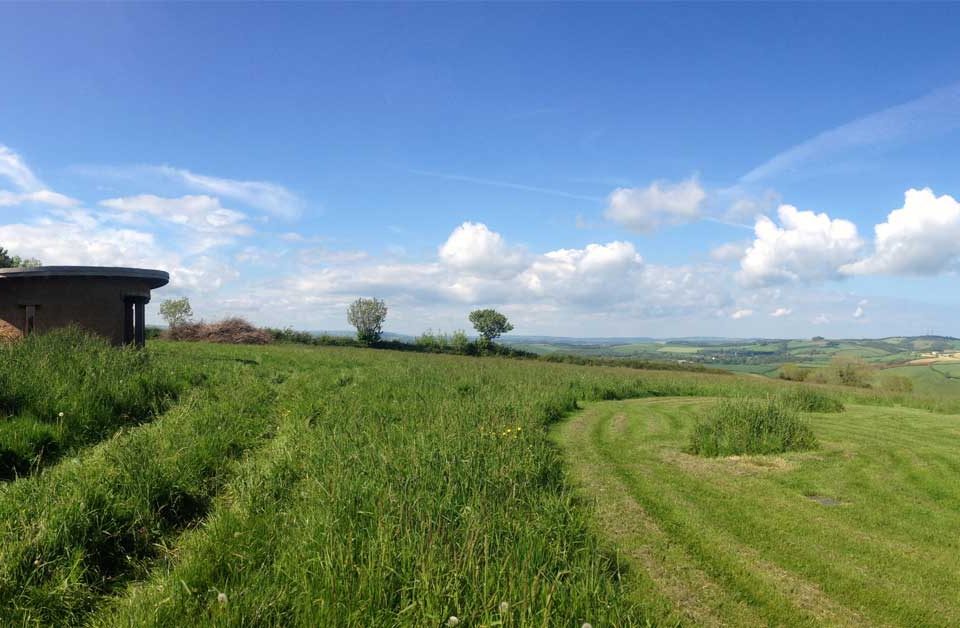How to choose a Funeral Director

Not All Funeral Directors Are The Same
Most people don’t think about funerals much in advance and can suddenly be faced with needing to appoint one quickly and under pressure. A bit of research will help you to avoid this situation and find one you think you can work with for any funerals you need to arrange in the future. It’s a job that most people do only once or twice in their lives.
Your relationship with the funeral director is important. Their role is to help you to arrange the funeral of your choice. The way the funeral director approaches this and their level of flexibility and openness to ideas can make a huge difference to your experience.
At first, many people feel like Michele:
‘I knew what I did not want but did not really have any idea about how to get what we did want.’
Decide as far as you can the style of funeral you want. https://www.heartandsoulfunerals.co.uk/funerals/personal-styles/
What it is you want the funeral director to do and the desired level of involvement of family and friends. You can design and conduct the funeral ceremony and other things if you wish, bear the coffin, even be involved in washing and dressing the person who has died.
Quality of service is as important as price and far more difficult to judge in advance of using the services, but a discussion or visit without obligation can help you decide. A funeral is an important and big purchase – you have a right to know more about the people to whom you are entrusting this tender task.
Recommendations from other people are helpful, but find out what sort of funeral they arranged. A good funeral director for a traditional funeral in a church may not be the right one if the family wants a natural burial or to actively participate in the funeral. For example, you may want an alternative venue, or bring the person home for a vigil the night before the funeral ceremony. Gauge how helpful, flexible and open to your ideas the funeral directors are.
Ask about pricing, their fees, the cost of coffins, cars, an estimate of the total cost of the type of funeral you require and ask for the quote in writing. Their attitude to your cost survey will provide you with information, for example, whether they are prepared to quote for exactly what you want rather than give you a price for a package. Do they sell coffins at a reasonable price compared to other funeral directors.
If you and others are likely to want to sit with the person who has died, see if they have a pleasant and spacious chapel of rest in which you could spend some time, and make sure their visiting hours are sufficiently flexible. Remember that if the person who has died is with the duty funeral director or if they died at home and you telephoned a funeral director in a panic, you can still change to one of your choosing. It is important to make a positive choice. There is no need to feel uneasy about this. Such a decision is within your rights, details of which are published in the Funeral Directors’ code of conduct.
Increasingly funeral directors are owned by big corporations but still trade under the old family name. As a result of centralised systems, they tend to be less flexible in what they can provide and more expensive. Ask a funeral director whether they are an independent family firm or part of a group (the biggest groups are Co-operative Funeralcare and Dignity).
The Good Funeral Guide (www.goodfuneralguide.co.uk) and The Natural Death Centre (www.naturaldeath.org.uk) both publish lists and details of recommended funeral directors on their websites and in their handbooks.
You can find more advice from our book “We Need To Talk About The Funeral” and our “Arranging A Funeral” page.




